Theft from supermarket shelves in Greece is costing retailers an estimated €120 million annually — about 1% of sales and nearly equal to the industry’s entire net profit margin of 1.5%. Executives say the financial hit highlights the thin margins of food retailing and the mounting global challenge of “retail shrinkage.”
Retail Shrinkage as a Global Pressure Point
Retail shrinkage — the industry term for inventory losses due to theft, fraud, or administrative error — has become a major concern for chains worldwide. In the United States, shrinkage accounted for about 1.6% of sales in 2022, or roughly $112 billion in losses. In Europe, rates range from 1.1% in Germany to 1.7% in Italy, averaging around 1.4% across the continent.
By comparison, Greece’s supermarkets lose around 2% of sales inside stores, half from spoilage of fresh produce and half from outright theft — making theft alone nearly as costly as total shrinkage rates seen elsewhere.
Industry sources told Oikonomikos Tachydromos that without substantial investment in surveillance and anti-theft technology, Greece’s shrinkage level could have reached 5% of sales, an existential threat to profitability in a sector where net margins rarely exceed 2%.
From Olive Oil to Parallel Markets
Theft patterns have evolved over time. During Greece’s financial crisis, household staples such as olive oil were prime targets, reflecting the economic hardship of lower-income groups. Today, the problem has shifted toward organized small gangs, often comprising foreign nationals, who steal consumer goods in bulk.
These goods — ranging from branded razors to packaged foods — are then channeled into parallel markets, creating what executives describe as a “shadow retail system” that competes directly with legitimate supermarkets.
Sector Faces Security-Investment Trade-Off
With total in-store losses estimated at 2% of sales, Greek supermarket chains remain under pressure to balance rising security costs against razor-thin profitability. The financial stakes are high: shrinkage now threatens to erase annual earnings, turning security from a back-office issue into a boardroom priority.
In the U.S., large chains like Walmart face similar pressures, with annual shrinkage losses estimated at $3 billion — about 1.4% of sales — but their scale allows them to absorb the impact more readily. For smaller national markets such as Greece, the financial hit can directly wipe out sector-wide profits.
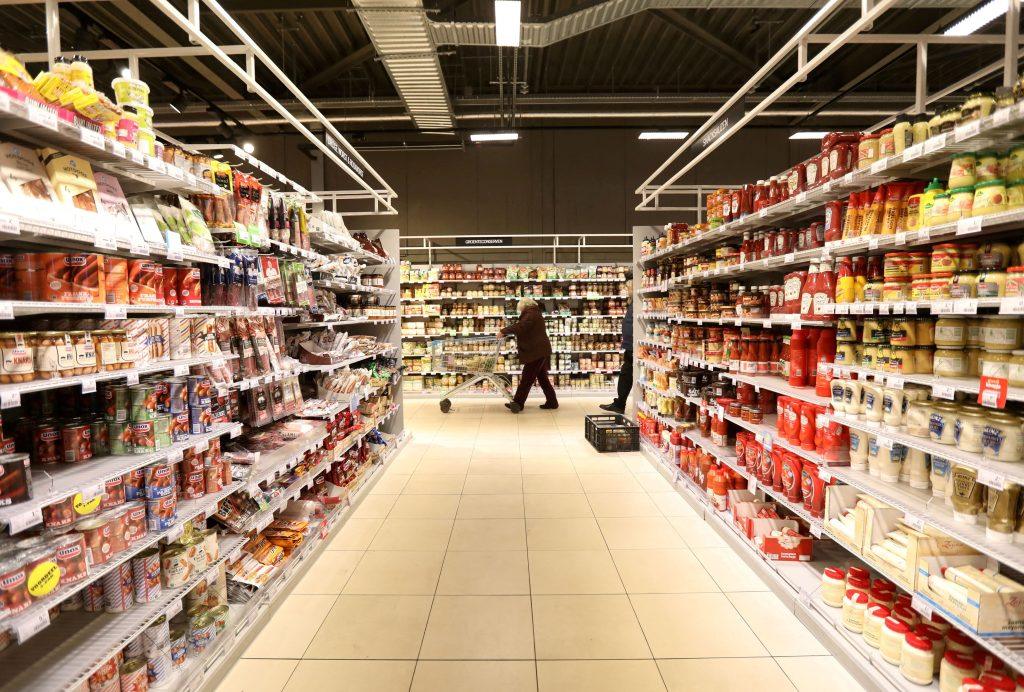
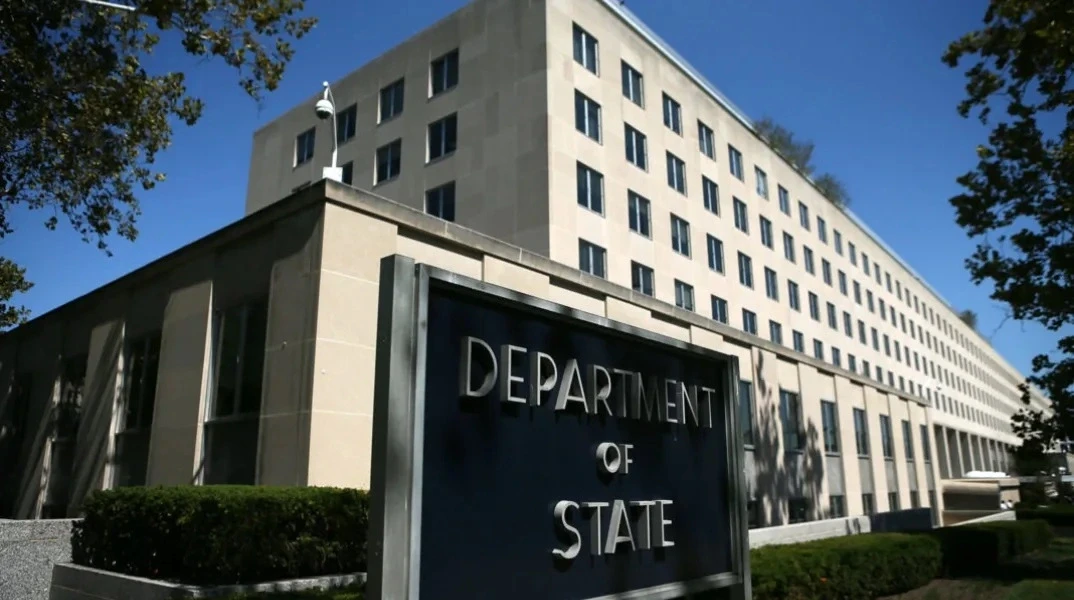






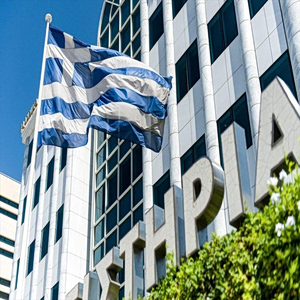

![Σούπερ μάρκετ: Στο 1,38% ο πληθωρισμός τον Φεβρουάριο [πίνακας]](https://www.ot.gr/wp-content/uploads/2026/02/SUPER-MARKET-1024x683-1-300x300.jpg)







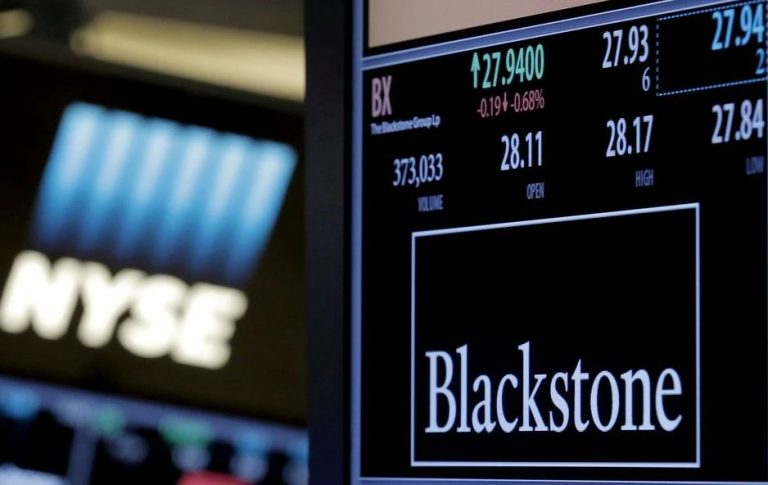



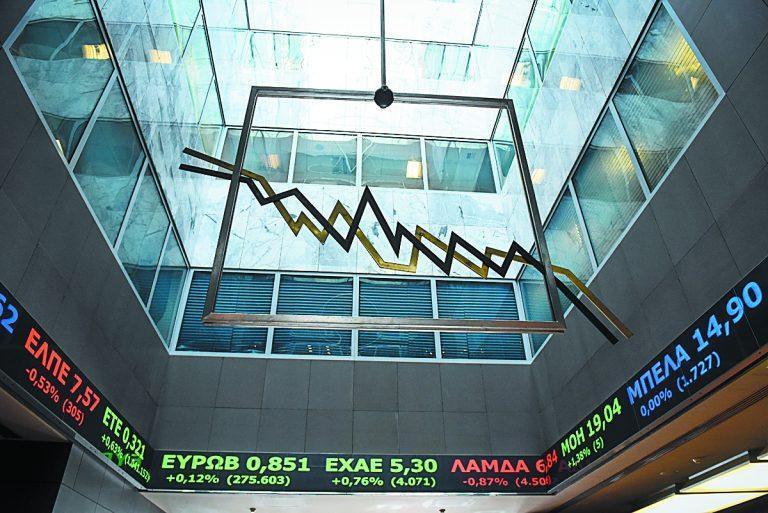






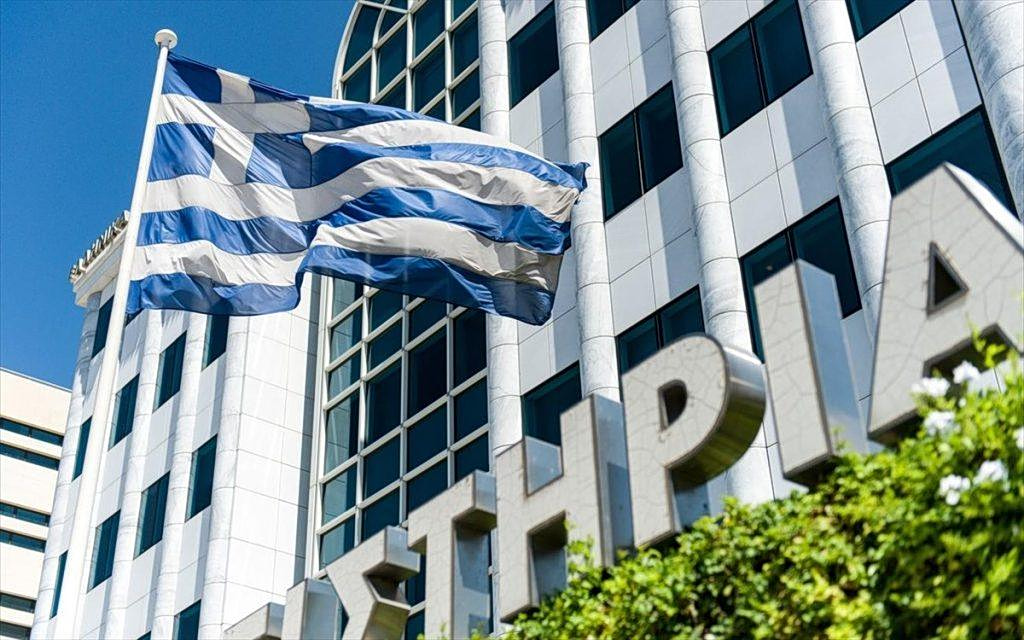

![Σούπερ μάρκετ: Στο 1,38% ο πληθωρισμός τον Φεβρουάριο [πίνακας]](https://www.ot.gr/wp-content/uploads/2026/02/SUPER-MARKET-1024x683-1.jpg)










